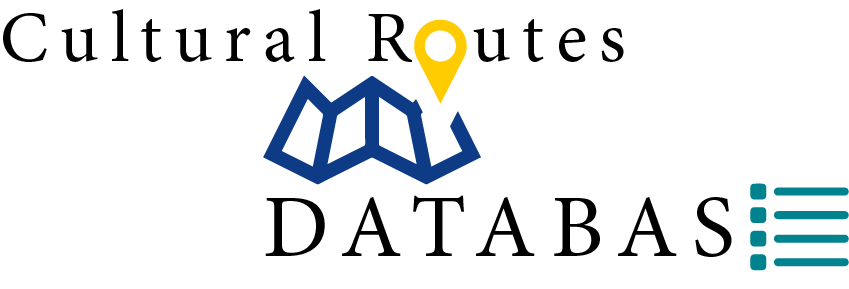Transhumance trails
“Cultural Route of the Council of Europe” certified in 2023
Transhumance has played an essential role in shaping European culture. It has given rise to a varied heritage, both tangible and intangible, which has nurtured a cultural landscape of pastures and meadows meticulously tended by humans, in harmony with nature, for thousands of years. The well-established system of transhumance routes forms an interconnected network of cross-border routes that cross through Europe and even extend to more distant regions such as Latin America, North Africa, and the Middle East. This network fosters cultural links between communities that share a common history.
 Heritage
Heritage
Dating back thousands of years, Europe's pastoral tradition has left us a legacy of ancient objects and buildings such as sanctuaries, temples, and chapels, originally built in homage to the ancient gods and then transformed to celebrate Christian saints. An intangible heritage of beliefs, religious symbols and narratives also exists and continues to inspire artists, poets, and musicians. In the European regions concerned, the pastoral way of life has fostered the development of a traditional gastronomy centered on milk production, as well as crafts using wool, skin, bone, and horn.
 Travelling today
Travelling today
By travelling on these paths, the traveler will get a sense of stepping back in time, crisscrossing the tracks alongside the Mesolithic herders who first traced them. A constellation of archaeological sites, small villages and vast landscapes will reveal this European heritage. The journey invites you to wander from one point of this constellation to the other, following the narrative offered by the places.
 Council of Europe values
Council of Europe values
The "Transhumance trails and rural roads" route aims to promote cultural discovery and exchange through the creation of connections linked to the movements of shepherds over thousands of years. Transhumance is a way of discovering the sensitivities specific to each European culture and creating cultural links, thus taking the first step towards an awareness of a common identity. These paths are links between European regions sharing this history, bringing together all the actors of the economic exploitation of these regions (artists, small producers and farmers, etc.) and highlighting the local crafts and gastronomy specific to this way of life.
Fundación General de la Universidad de La Laguna
AV de la Trinidad 61, planta 0
ES-38204, San Cristóbal de La Laguna (SPAIN)
[email protected] and [email protected]
Francisco Javier Garcia Rodriguez, President
Dr. Simona MESSINA, Manager
Official website
www.ttrr.eu




